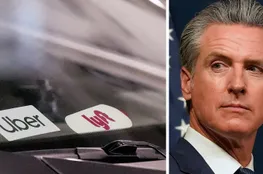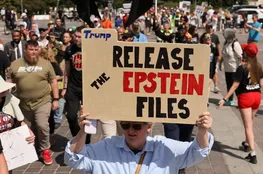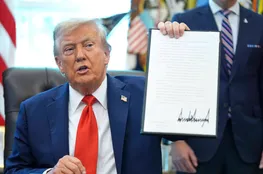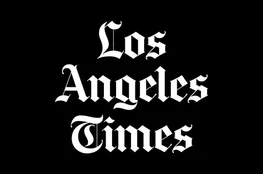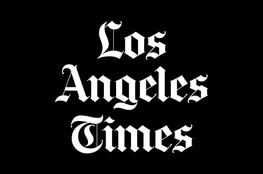Alina Habba, an adviser and attorney for Donald Trump, downplayed allegations that Russia had paid right-wing influencers by trying to link Vladimir Putin to Democratic presidential nominee Kamala Harris. During a Sunday interview with Habba on Fox News, host Jason Chaffetz expressed doubts about the Department of Justice's claims that Russia paid conservative podcasters. Chaffetz opined that the DOJ had previously used such allegations to sway voters, suggesting it's difficult to trust their narrative. Habba echoed Chaffetz's skepticism, asserting that the DOJ and media had falsely pushed the 'Russia, Russia, Russia hoax' concerning the 2016 election.
Habba dismissed the latest claims about Russia's financial ties to right-wing podcasters as an attempt to make it appear Russia was backing Trump. She mentioned Putin's recent support for Kamala Harris, noting that Americans should be cautious about their news sources. It's crucial, she emphasized, to trust reliable media personalities who aim to deliver truthful information. Meanwhile, CNN's Dana Bash confronted Senator Tom Cotton regarding his interview with a far-right influencer accused of taking Russian money. Cotton downplayed the importance of Russia's influence through memes and videos, arguing that more direct actions like hacking voter systems constitute genuine threats.
The interview highlighted concerns about foreign entities' subtle but impactful propaganda efforts. In related political developments, Arkansas Governor Sarah Huckabee Sanders defended Trump's efforts to challenge the 2020 election results. During an ABC interview, she argued that the opposition to Trump was limited, claiming that prominent Republicans largely supported him. Sanders criticized those who supported Democratic nominee Kamala Harris, suggesting it contradicts conservative and Republican principles.
In Texas, Attorney General Ken Paxton is suing Travis County to block a voter registration initiative aimed at unregistered residents. The county's decision to hire a nonpartisan firm for voter outreach has been deemed illegal by Paxton, who argues it invites fraud and reduces public trust. Travis County officials have defended the program, emphasizing their commitment to increasing voter participation while maintaining the integrity of the registration process.
Paxton's lawsuit is part of broader efforts by Texas Republicans, including Governor Greg Abbott, to secure the state's electoral process. Recent actions include removing a significant number of people from voter rolls, which election experts say could undermine trust in elections. County judges from Travis, Bexar, and Harris counties have defended their voter registration efforts, arguing that it's essential to register voters, especially in a state without online registration options.
U.S. Representative Greg Casar has urged the DOJ to more aggressively investigate voter suppression, criticizing Paxton's stance on restricting voter registration. With the voter registration deadline approaching, the debate continues over balancing election security and voter access in Texas. The issue remains a focal point for politicians and activists, highlighting the ongoing struggle to ensure fair and accessible voting.


